Transracial adoptees face an intersectional challenge due to both their race and their adoption status. Where people of color experience microaggressions based on race, ethnicity, and culture, and White adoptees experience adoption-based microaggressions, transracially adopted people experience both (White et. al., 2021).
On top of that, unlike for children in monoracial families of color and children adopted to families of the same race, transracial adoptees can experience microaggressions from their own family, particularly since the family is often White (White et. al., 2021). This article provides a few details about the microaggressions and harmful attitudes that transracial adoptees experience and how those things impact the adoptees.
Microaggressions Against Transracial Adoptees
Microaggressions toward adoptees come in several forms. Amanda Baden classified them into four categories: Microassaults, microinvalidations, microinsults, and microfictions (2016).
A microassault is a communication towards someone with the intent to harm, and includes things like name calling and exclusionary behavior. A microinvalidation is a communication towards an adoptee that denies the validity of their experiences or feelings. A microinsult is a communication that conveys demeaning or rude beliefs about adoption or adoptees. Finally, a microfiction is an alteration of an adoptee’s story in order to hide information from them. These microaggressions add up and can cause negative impacts on health (Harris, 2018).
Harmful Attitudes Towards Adoption
Adoption continues to be a stigmatized practice in the United States (Wegar, 2000). Society-wide stigma, discomfort, and judgment are reflected in the images and stories about adoption featured in books, fairy tales, TV shows, and movies (Baden, 2016).
In one analysis of societal attitudes towards adoption, the researchers found three ideological views that disadvantage adoptees (Miall, 1987):
- Biology is an important component of bonding, and therefore bonding within adoption is second best
- Adoptees are second class because of their unknown genetic past
- Adoptive parents are not “real” parents
Amanda Baden found even more problematic beliefs as a result of surveying writing about adoption and adoptees (2016):
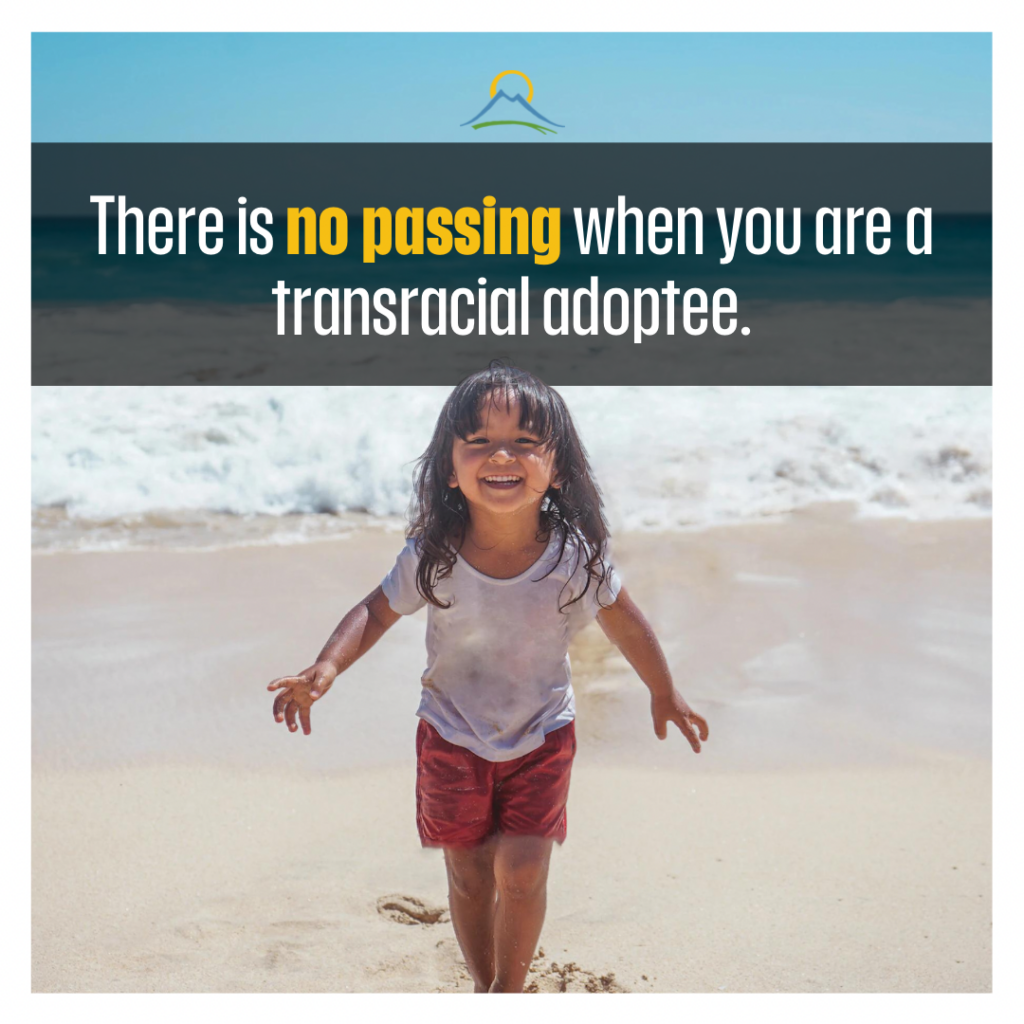
- Belief in the superiority of biological ties over adoptive ties (e.g. that biological mothers love their biological children more than adoptive mothers love their adoptive children)
- Belief that adoptees are incomplete individuals who are expected to search for their birth parents in order to complete themselves.
- Belief that adoptees are broken, unwanted individuals with trauma that they never “recover” from
- Belief that adoptive families are not as permanent or authentic as biological families
Some behaviors of adoptive parents in particular reveal problematic beliefs (Baden, 2016):
- Many couples use adoption as a last resort only when fertility treatments are out of reach or have failed to produce a biological child
- Prospective adoptive parents prefer going through systems that they think will provide children with less “baggage” from disadvantaged backgrounds, preferring to get children through international adoption instead of foster care
These societal messages have a psychological impact on adoptees, which is worsened in transracial adoption as the lack of biological connection and lack of power is visible to the world outside of the family, making these messages more easily transmittable to the adoptee. There is no passing when you are a transracial adoptee, so you do not have the privilege of controlling who knows you are adopted.
Impacts of Adoption Stigma
In elementary school years, there is a common narrative that kinship is biological. Young adoptees still have a more positive view of themselves than non-adoptees have of them at this age (Leon, 2002). However, as the children get older, the adoptee’s view of themselves becomes influenced by non-adoptees and they develop a more negative view of their adoption. This highlights how strong the ingrained cultural attitudes around adoption are, and highlights the need for early mental-health intervention for young adoptees.
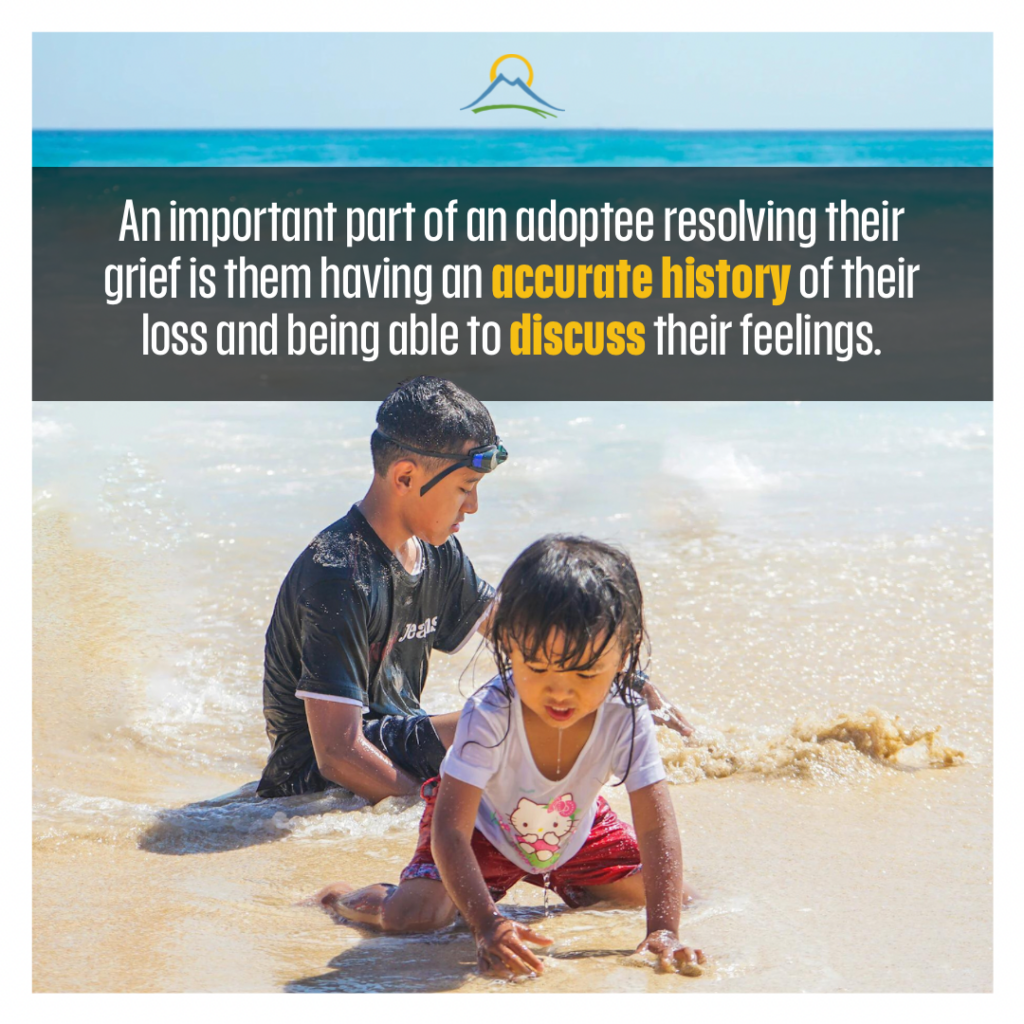
It is easy to assume that it is traumatic for adoptees to learn that they are adopted because it shakes their sense of self and their own personal reality. One researcher has suggested that the trauma has a different source, which is the conflict between the child’s attachment to their adoptive parents and society’s message that they should consider their biological parents to be their “real” parents (Leon, 2002).
This message creates a feeling of loss that turns into grief. The loss of birth culture and of birth family is very real even when adoptees have a healthy loving relationship with their adoptive parents. An important part of an adoptee resolving their grief is them having an accurate history of their loss and being able to discuss their feelings. The presence of microfictions that supplant the adoptees’ true stories can inhibit this resolution of grief (Leon, 2002).
Conclusion
If you are part of a relationship that involves transracial adoption or are a transracial adoptee, you may recognize some of the themes I mentioned. If you struggle with these issues, it could be helpful to consult a therapist to talk through it.
References
- Baden, A. L. (2016). “Do you know your Real parents?” And other adoption microaggressions. Adoption Quarterly, 19(1), 1–25. https://doi.org/10.1080/10926755.2015.1026012
- Leon, I. G. (2002). Adoption losses: Naturally occurring or socially constructed? Child Development, 73(2), 652–663. https://doi.org/10.1111/1467-8624.00429
- Miall, C. E. (1987). The stigma of adoptive parent status: Perceptions of community attitudes toward adoption and the experience of informal social sanctioning. Family Relations, 36(1), 34-39. https://doi.org/10.2307/584644
- Wegar, K. (2000). Adoption, family ideology, and social stigma: Bias in community attitudes, adoption research, and practice. Family Relations: An Interdisciplinary Journal of Applied Family Studies, 49(4), 363–370. https://doi.org/10.1111/j.1741-3729.2000.00363.x
- White, E. E., Baden, A. L., Ferguson, A. L., & Smith, L. (2021). The intersection of race and adoption: Experiences of transracial and international adoptees with microaggressions. Journal of Family Psychology. Advance online publication. https://doi.org/10.1037/fam0000922
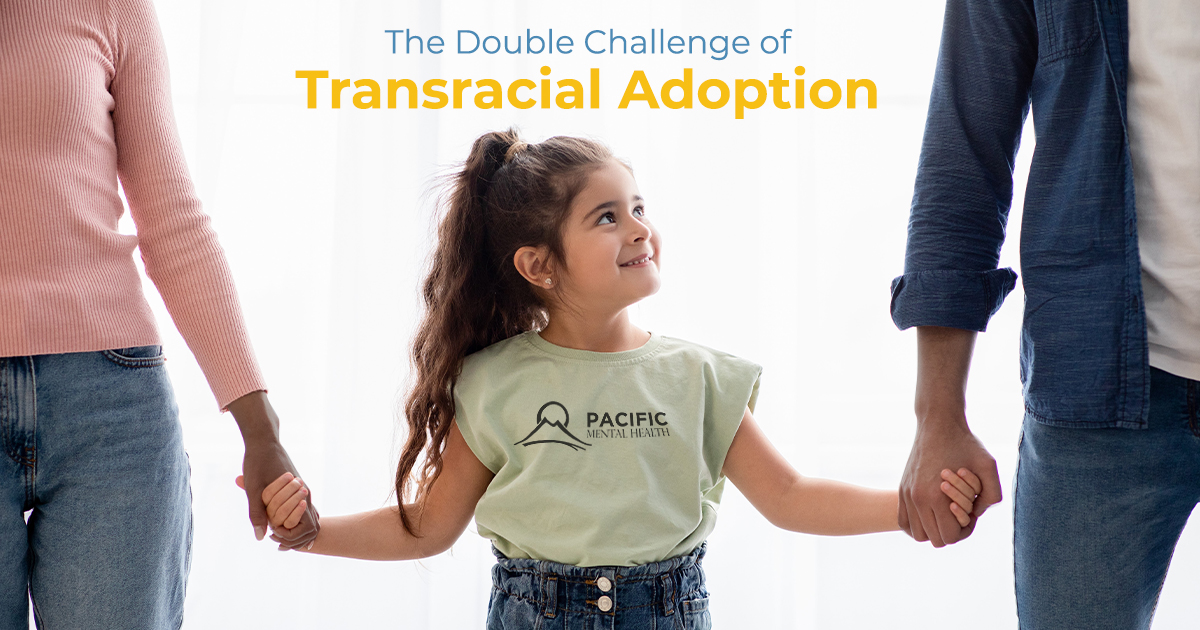

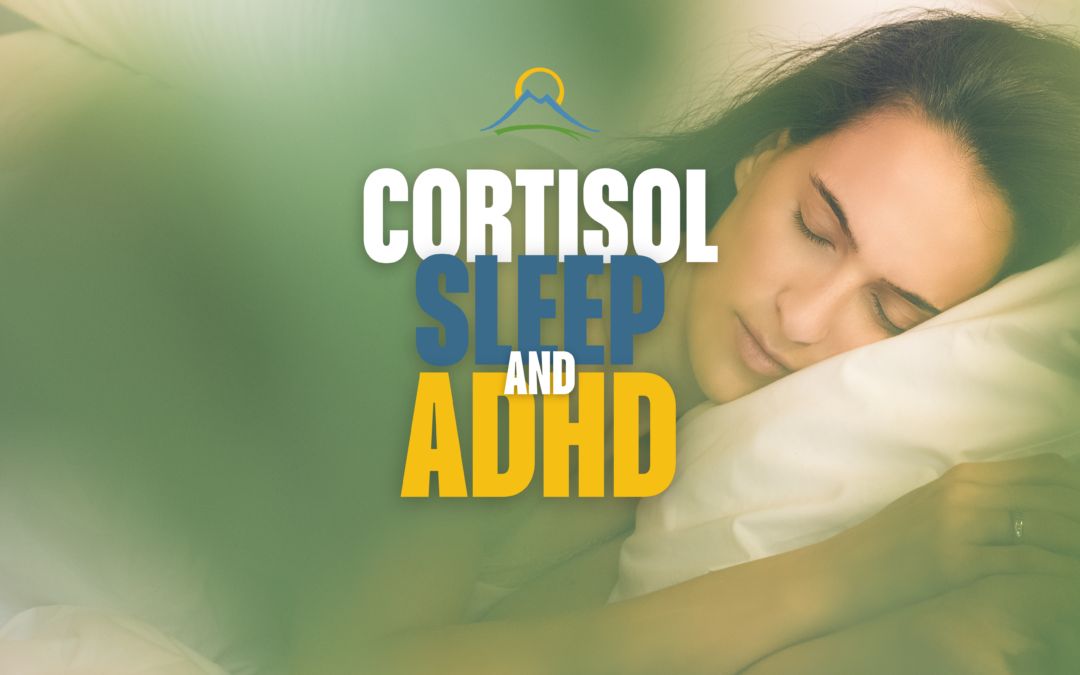
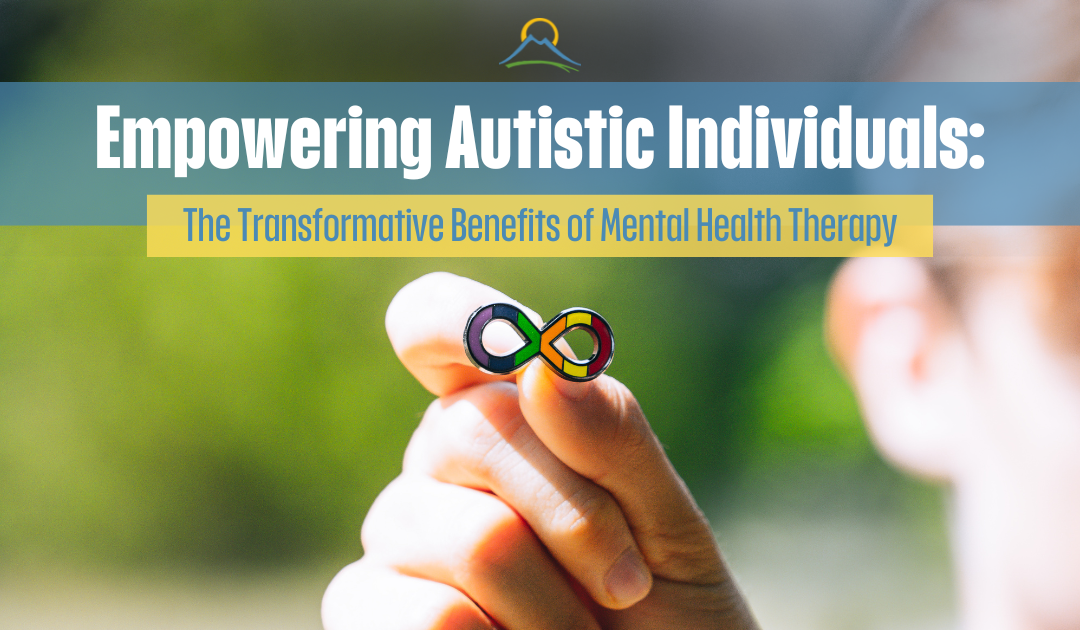


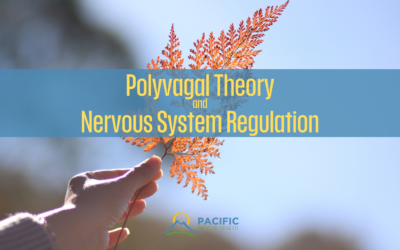


0 Comments